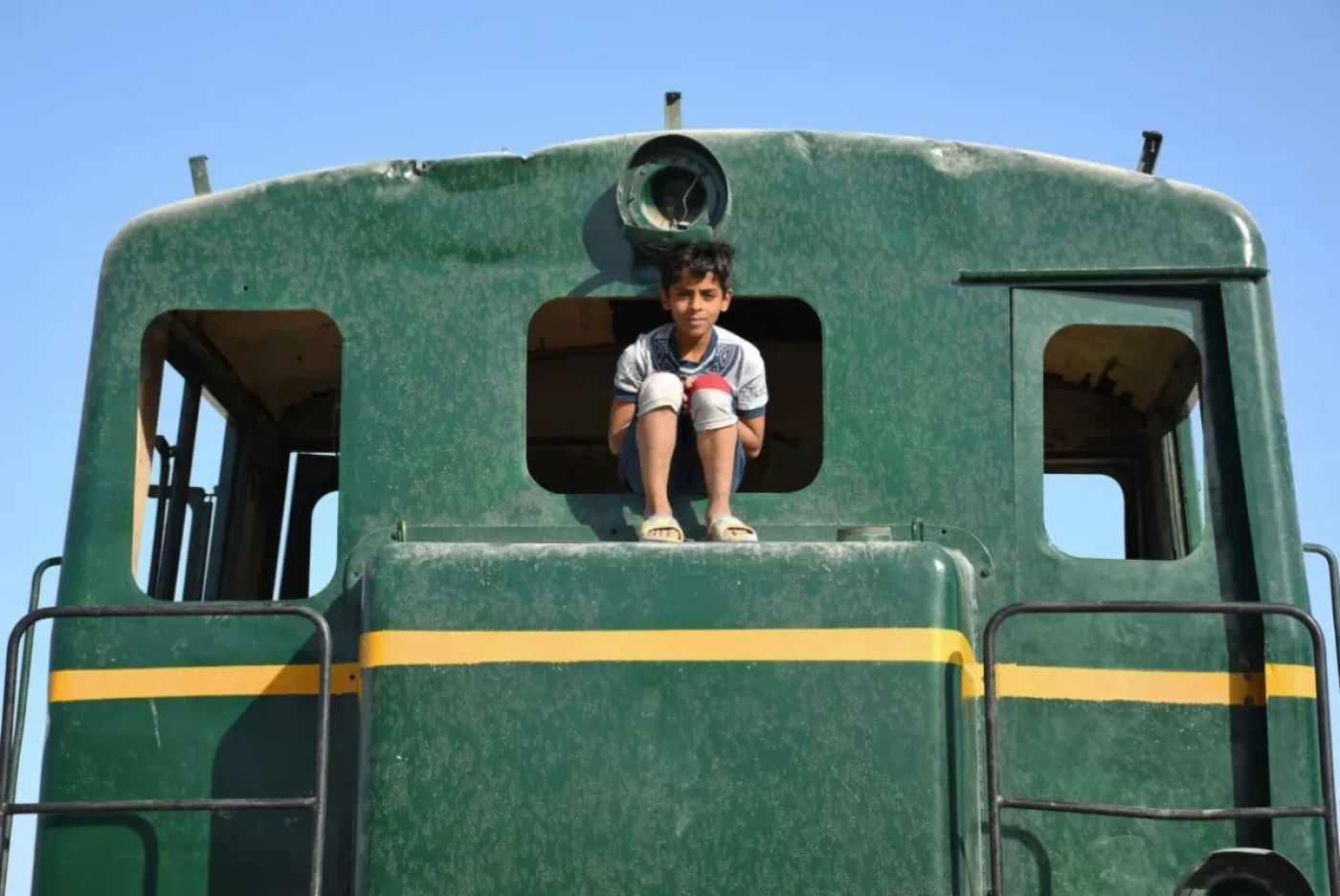Iraq and Iran are in final talks regarding the Basra-Shalamcheh railway project, with the Iraqi ministry of transport claiming that the project is in great interest of both countries.
Maytham Al-Safi, Director of the Iraqi Media Office of the Ministry of Transport, highlighted on Sunday the project's key components, including bridge construction, mine clearance, and addressing encroachments.
"There are ongoing final discussions with the Iranian side regarding the project," Safi told Iraqi state media on Sunday.
He noted that a technical delegation visited Iran in April to discuss developments and the transport of passengers between Basra and Shalamcheh.
Safi emphasized the project's importance, stating, “the project is of great interest to both countries as it provides a safe means of transportation for pilgrims and travelers, especially during mass religious visits."
The 36-kilometer railway is expected to enhance tourism, particularly religious tourism, between Iraq and Iran. "The project will shorten travel time, be safer for travelers, and reduce travel costs," Safi said.
Ownership of the lands on the Basra-Shalamcheh line has been transferred from various governmental bodies to the Railways. Efforts to address encroachments are underway, with 51 sites cleared and 54 remaining.
A joint appraisal committee with the Ministry of Electricity has been formed to remove conflicts in front of the Spanish company responsible for implementing the project, focusing on environmental study, design, and infrastructure implementation.
In September 2023, Iraqi Prime Minister Mohammed Shia al-Sudani laid the foundation stone for the first railway line linking Iraq to Iran's railway network.
The Basra-Shalamcheh project would connect the large coastal city in southern Iraq to the Shalamcheh border crossing, spanning over 32 kilometers. The project is expected to be completed within 18 to 24 months.
Prime Minister Sudani emphasized the project's goal of enhancing Iraq's connectivity with neighboring countries and facilitating the travel of passengers from Iran and Central Asian nations.
He highlighted that the project had been under discussion for years before an agreement was finally reached in 2021.



 Facebook
Facebook
 LinkedIn
LinkedIn
 Telegram
Telegram
 X
X


